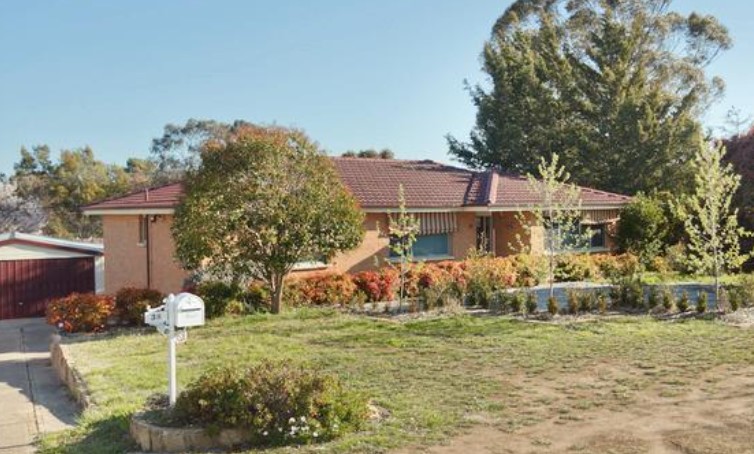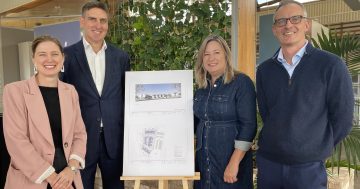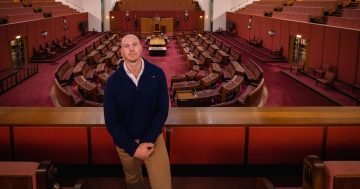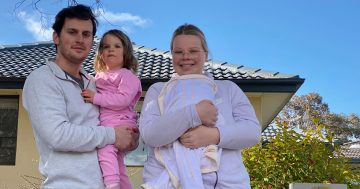
Is homeownership really the path to financial security? Photo: Supplied.
The dream of homeownership is one that is written about often. There’s an obvious reason for housing security through ownership being a major goal for many people – having a roof over our heads is important, and the rental market can be insecure.
In Canberra, renting can also be more expensive on a day-to-day basis than paying a mortgage. That was certainly my experience moving from a relatively old two-bedroom rental in Downer into a brand new three-bedroom townhouse in Watson where our mortgage comes in at just under our rent payments.
But on a more philosophical level, does owning a home signify the same level of financial success as it once did? We all know that buying a house was a somewhat easier proposition for previous generations, purely in terms of the median house price in comparison to the average salary.
For my generation, putting our predilection for avocado to one side, the same equation has a much higher gap. Even on high salaries, my partner and I would have been a long way off saving a 20 per cent house deposit on our own while paying rent and living costs in Canberra, and were only able to buy with the help of my parents, which I gratefully accepted.
Every millennial I know who has bought a home has done so with parental support, either through the gift of a deposit or by living at home into their 30s without paying rent, and therefore saving a deposit. I’m not casting any aspersions on this, given I took free money in order to fund our house purchase, and I’m also aware that there must be people my age who live frugally and did save their own deposits (it’s possible, just really, really hard).
But what I want to know is, does owning a house genuinely say anything about your ability to manage your finances anymore? Or are there other, more achievable investments that are a smart way to get a return from your savings while still renting?
Had my parents not offered us a house deposit, my partner and I planned to continue renting and ethically invest our savings into the stock market instead. Renting could be frustrating at times, especially because we have pets, but we were comfortable with the fact that homeownership was way out of our reach in the immediate future, and we didn’t see buying a house as the only way to be financially secure.
In fact, with the changing climate, the difficulty getting house insurance in certain areas or for environmental risks, and the uncertainty around where we might end up choosing to live, renting seemed a smarter option in terms of flexibility and risk management.
The cultural pressure to focus on homeownership, though, was immense. As we hit our 30s, this increased, with people regularly asking if we owned the house we lived in, or if we were intending to buy together, and a few comments from well-meaning friends and relatives about not wanting to raise kids in a rental.
When we did buy, I noticed some friends seemingly get anxious about what our news meant for them – they were in no position to buy a house and didn’t have access to help from their parents, and suddenly they seemed stressed at being left behind in the financial stakes.
To me, this way of thinking feels quite outdated. Yes, I’m very grateful to own (or at least own in principle, given the bank really owns our house), but I simultaneously don’t for a minute think it means we’re more financially successful, or even necessarily more secure than our renting friends. I also make a point of telling people that we could only buy with help, because I don’t want to contribute to this myth that hard work will equal homeownership when the factors determining what you can afford in the market actually have very little to do with how hard you work.
I think the focus on bricks and mortar investments feels odd in a digital age, especially when I then watch things like the bushfire crisis decimating the carefully saved for investments of Australians who focussed all of their financial security into property. I know all investments come with risk and the stock market definitely has these, but are the risk really that much greater than property these days?
Whether or not it’s achievable for many, is homeownership genuinely still a marker of financial success, or do we need to think differently about the financial milestones we work towards?





















